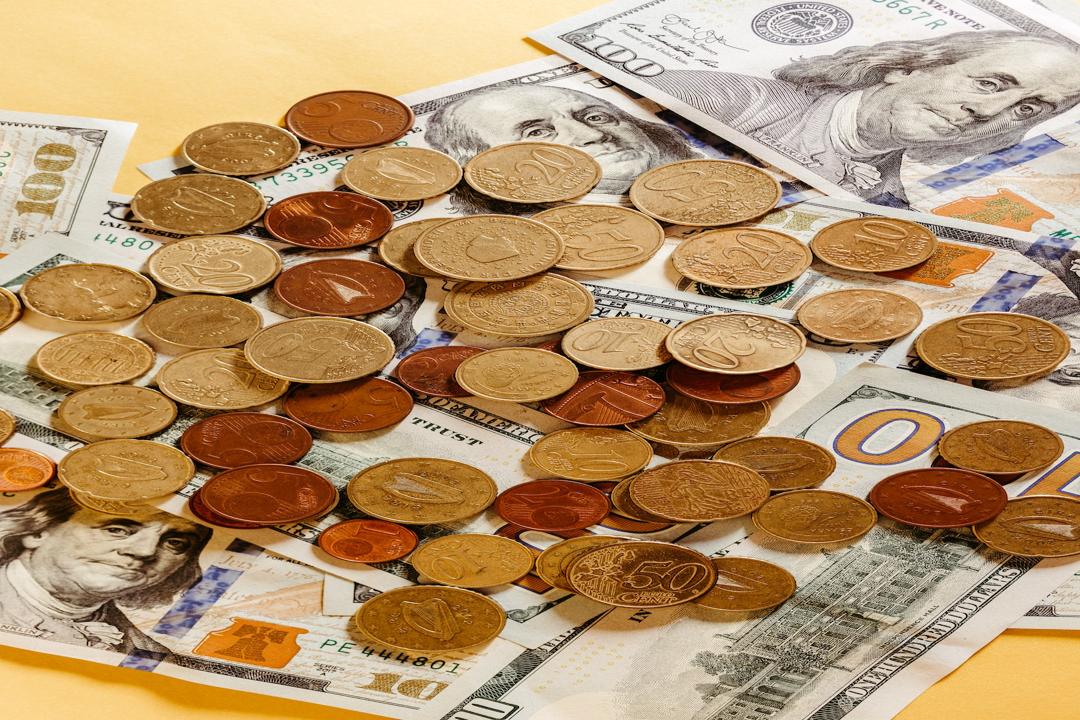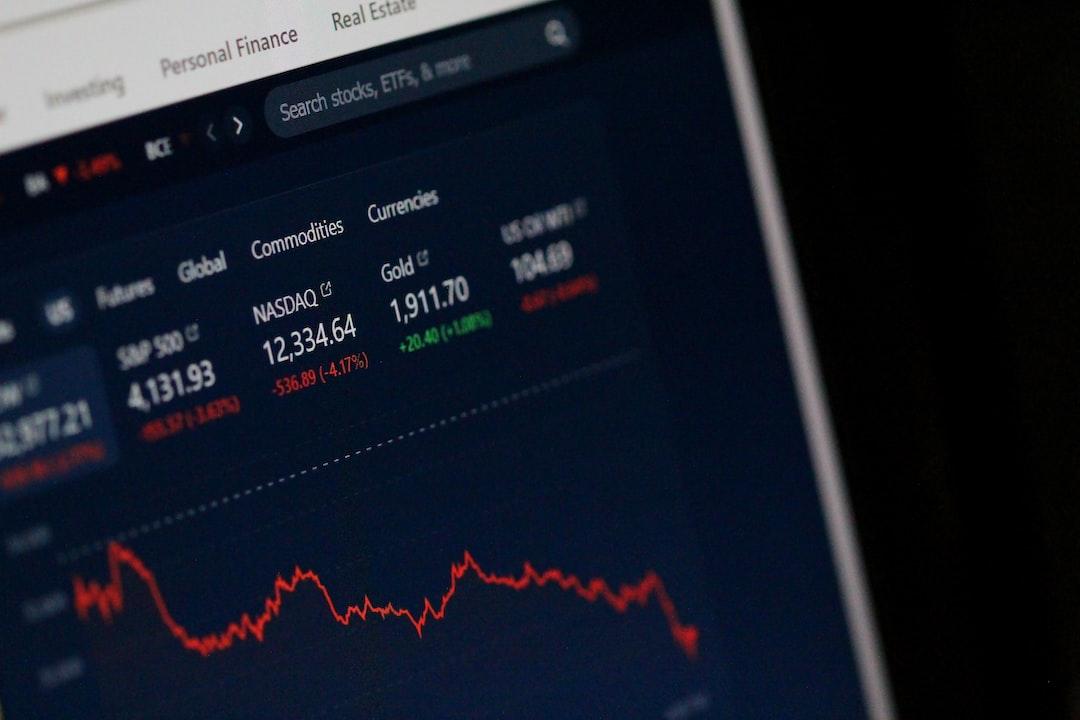On May 6, 2025, Governor Kelly Ayotte signed a Bitcoin Reserve bill into law, making New Hampshire the first U.S. state to create an official state-level Bitcoin Reserve. The law allows the state to invest in cryptoassets.
//


The Bitcoin Reserve law permits the state to allocate up to 5% of total state funds for crypto purchases. For the 2026–2027 budget cycle, New Hampshire has $16 billion in total expenditures. Based on that figure, the maximum potential investment in Bitcoin could reach $800 million.
No official statement from the Governor’s office or state Treasury has confirmed when the Bitcoin purchases will begin or what percentage will be used.
New Hampshire Moves Forward While Florida and Arizona Withdraw Bills
The New Hampshire Bitcoin Reserve law follows recent rejections in other states. In Florida, both HB 487 and SB 550 were pulled from the legislative process before reaching a vote. In Arizona, Governor Katie Hobbs vetoed one of two Bitcoin Reserve bills, citing financial risks and structural issues.
While Florida and Arizona delayed or blocked similar proposals, New Hampshire passed the Bitcoin Reserve bill with bipartisan support and limited opposition. The approval positions New Hampshire as the only U.S. state with an active Bitcoin Reserve strategy in law.
The law was finalized with the Governor’s signature, clearing the way for state-level participation in cryptoasset investment tied to market capitalization requirements.
Bitcoin Reserve Law Includes Other Cryptoassets Over $500 Billion
Although the bill is widely referred to as the New Hampshire Bitcoin Reserve law, its scope covers more than just Bitcoin. The law allows the state to invest in any cryptoasset with a market cap of at least $500 billion.

Currently, Bitcoin is the only asset that qualifies. However, if other cryptocurrencies such as Ethereum (ETH) or XRP reach this threshold, the law would also permit their inclusion in the state reserve.
Notably, the law does not name any specific assets. It defines eligibility by market capitalization. This approach keeps the state’s options open without changing the law for each new asset.
Trump’s National Bitcoin Reserve Order Remains Unresolved
At the national level, a separate Bitcoin Reserve plan is under review. A previous executive order by Donald Trump gave the U.S. Treasury until May 5, 2025, to evaluate a national digital asset reserve.
That deadline has passed without any official update. The Treasury has not released findings or provided new timelines. The delay means that the federal Bitcoin Reserve effort remains uncertain.
Moreover, as the only state with a signed Bitcoin Reserve law, New Hampshire now becomes the first to test this policy in practice.

